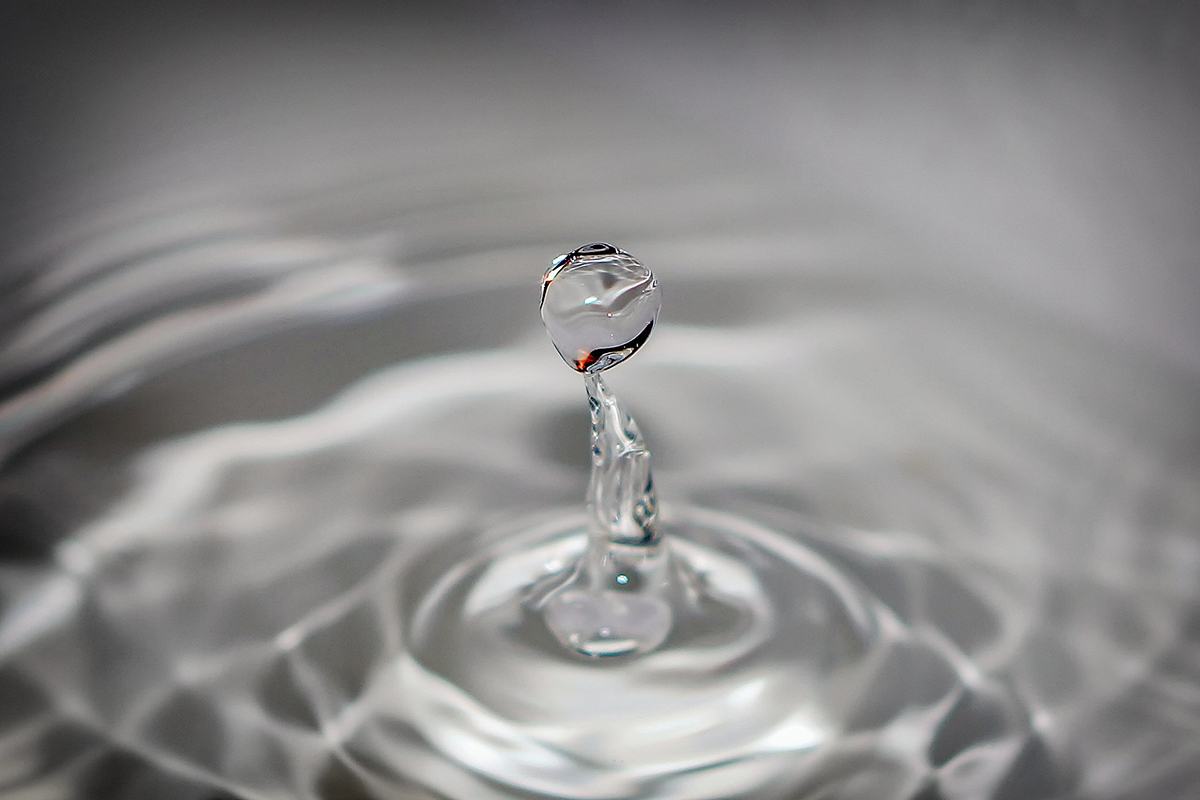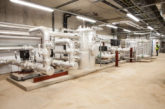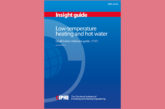
Recent hosepipe bans have highlighted the need to address water use in domestic properties. With this in mind, Kevin Wellman, CEO at the Chartered Institute of Plumbing and Heating Engineering, discusses the key role installers can play.
Faced with a rapidly increasing population, access to water is a global challenge. Climate changes, which see natural rainfall patterns altered, are contributing to water shortages and droughts. In fact, a UN report found that frequency and duration of droughts around the world have increased by around a third since 2000. Now, heatwave and drought news has put the spotlight back on reduction of domestic water consumption.
Addressing water shortages
Domestic water consumption currently accounts for 10% of the total water global use, so reducing the amount used is crucial when facing shortages and drought. Short term responses to water shortages are often reflected through localised restrictions and hosepipe bans which sees homeowners banned from using a hosepipe to:
- Water a garden or plants
- Clean a private motor vehicle or leisure boat
- Fill or maintain an ornamental fountain or a domestic pond, swimming or paddling pool
- Draw water for domestic recreational use
- Clean paths, patios, walls or windows, of domestic premises
A less reactive approach used to tackle the water challenge is innovation. From low-flow shower heads to waterless toilets, we’ve seen a plethora of new technology brought to market. If showers, taps and toilet cisterns are coming to the end of their life, homeowners are encouraged to swap these for water efficient models. However, ignorance and lack of understanding around some products can mean that these do not always have the desired effect. Therefore, installers must offer advice when fitting or maintaining a system.
Installers can also play a core part in monitoring and assessing existing systems to maximise efficiency. A leaking tap can waste more than 60 litres of water per week so it’s crucial this is rectified.
Home health check
Carrying out a whole system health check not only helps to tackle water loss, but it also offers safety assurance. For this reason, encouraging installers to undertake a compliance health check is an ongoing priority for the CIPHE. When visiting a customer, installers should also stress the benefits. For example, the number of emergency call outs and preventative maintenance can save the end user costly full-system replacements. Plus, in the long run, a health check can save homeowners time and money by extending the life of appliances.
From a water use perspective, system efficiency should be the focus. Regular checks will ensure that all components are working efficiently and, in some cases, updated to offer the best energy saving and monitoring options.
The CIPHE’s consumer compliance health check is designed to encourage the industry to introduce a whole home maintenance solution. The checklist encompasses: water safety, heating, controls, hot and cold water services, above and below ground drainage, as well as renewables. All systems need regular maintenance to ensure that the pipework is intact, for example. Things to check for include corrosion as well as the correct sizing and installation of the pipework.
Installers are urged to do their part and raise awareness of the checks that need to take place during the next new installation or maintenance call out. A simple discussion like this could make a world of difference to domestic water consumption.
To find out more or to become a CIPHE member please contact Tim Sainty via 01708 463102 or [email protected]











